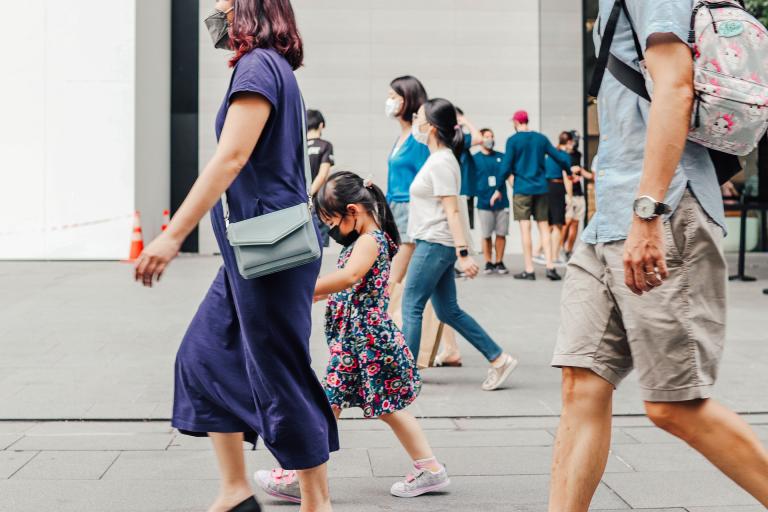Two days after the Tulsa shooting, I had a routine mammogram scheduled in the same building where just 2 floors above a patient became a shooter and killed two physicians, a receptionist and a Good Samaritan patient who helped others escape the attack. The waiting room was unusually somber. Patient check-in was interrupted for a brief intercom call for a staff meeting. After about 10 minutes, the health care workers reappeared and tried valiantly to return to their routine. But you could see they were physically shaken.
I talked to my tech and asked how she was doing, told her I was a therapist and could not imagine what that day must have been like. She was eager to talk. Tears came quickly to her eyes. She was still trying to process all that had happened. It still felt surreal. The medical suite had been tossed by first responders looking for weapons and other possible shooters. So the morning I saw her, things were massively out of order. And as you can guess, this triggered more emotions.
We talked about anxiety. How it is better to try and move through it, rather than avoid it. And how important routine will be to get her on the road to healing. But right now, she was just trying to process it all. And her mind could not fathom the random horror coming to work–on an ordinary day–and people losing their life. Nevertheless, she was so kind and so brave.
When these evil events happen, our thoughts immediately gravitate to the victims and their families. We don’t usually think about those who witnessed the trauma hearing gun shots, screams and scurrying for safety. Without warning, there is sudden chaos. Most are resilient. But those who struggle most often lack friends and family’s support. Or, they actually had loved ones directly involved in the tragedy.
Those who do work through the trauma will have an acute stress reaction. If it persists over a month, it can become post traumatic stress. What does seem to help is feeling connected to your community. So, healing is accelerated by talking to others, holding a vigil, gathering to grieve and crying as a community.
The tech was still in shock, rightfully so. Her anxiety was normal and valid. And she may need to talk about this several times with other people. At the moment, she just needed to breathe, lean against my exam room door and process out loud. Several factors will determine how each of the staff in that building do: how close they were to shooting, if they have had other traumas and losses in their life, how they were functioning before this event, their coping skills, and on-going social support.
As we wrapped up our time together, I told the tech, I would pray for her. She was grateful. And for a moment, I thought about the unkind remarks of an Arizona politician who vulgarly told Americans to stop praying. From his distorted perspective, prayer is useless. Obviously, he doesn’t understand the power of prayer. So no, I won’t stop praying. People need prayer to get through difficult times. It’s often what sustains us. We need each other, like Moses needed Aaron, to lift our arms when we are weary.
Jesus says in Matthew 18:18-20,
“Truly, I say to you, whatever you bind on earth shall be bound in heaven, and whatever you loose on earth shall be loosed in heaven. Again I say to you, if two of you agree on earth about anything they ask, it will be done for them by my Father in heaven. For where two or three are gathered in my name, there am I among them.”
Battles are won in prayer. Prayer calms the soul by casting out doubt, fear and anxiety. You can even see this calming effect on brain scans. Prayer says we need God. And prayer is a powerful weapon against the enemy. On the night of the shooting, our mayor said he didn’t know what to tell us to do. But the hospital CEO looked straight into the camera and said, pray–we believe in prayer.
Jesus invites us in to a relationship with Him, encouraging us to talk to Him, to bring all of our burdens to Him. Then, He assures us He listens. When we pray, we remember, He is all powerful. Nothing is impossible for Him. And He answers.
Never stop praying for those who mourn. It is no small thing when you engage with the Maker of the Universe. It may be just the thing a person needs to get them through a difficult day or time.



